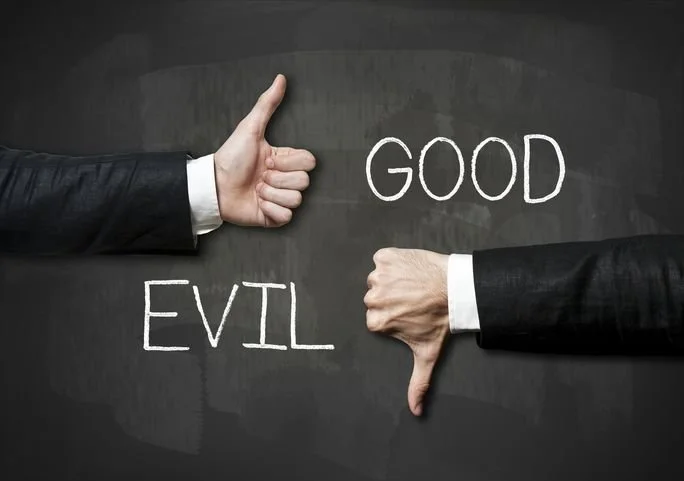Among the week’s intriguing headlines: Pope Francis is hurrying to bolster his progressive legacy as his health problems increase, the Wall Street Journal’s Francis X. Rocca reports.
In Israel, the political rise of ultra-Orthodox Jews is shaking the nation’s sense of identity, the WSJ’s Dov Lieber and Shayndi Raice note. A related major vote is expected as soon as Sunday.
In the U.S., a crowded field of GOP presidential candidates is vying for the Christian Zionist vote as Israel’s rightward shift spurs protests, according to The Associated Press’ Tiffany Stanley.
Also, “the Robert F. Kennedy boomlet is over,” Semafor’s Benjy Sarlin opines. Before it ended (or not, since he isn’t that interested in mainstream press views), the Democratic presidential candidate gave an exclusive, nearly 40-minute interview to Jewish News Syndicate’s Menachem Wecker.
The King’s College in New York is canceling fall classes and laying off faculty but insists it’s not closing, as Emily Belz at Christianity Today and Meagan Saliashvili at Religion News Service explain.
This is our weekly roundup of the top headlines and best reads in the world of faith. We start with former President Donald Trump’s lingering hold on right-wing voters.
What To Know: The Big Story
More of the same: “One of former President Donald Trump’s most steadfast evangelical critics said he expects Trump to be the Republican nominee in 2024, and that the years since Trump’s election in 2016 have been an ‘apocalypse.’”
“There’s a wide-open choice, and still you have a majority in the Republican primary behind Trump,” Christianity Today editor-in-chief Russell Moore tells Yahoo News’ Jon Ward. “I would be shocked if he’s not the Republican nominee.” Moore has a new book, ”Losing Our Religion: An Altar Call for Evangelical America,” which releases July 25.








